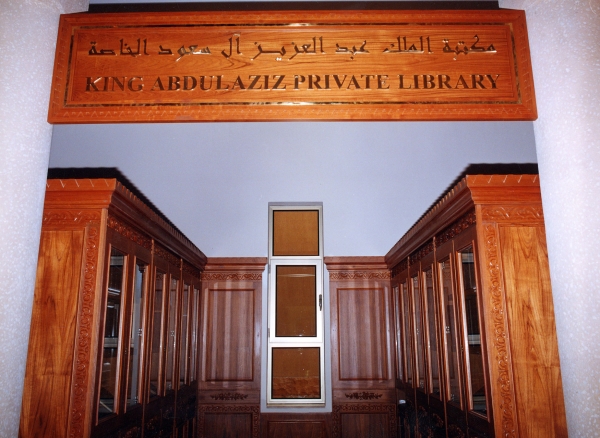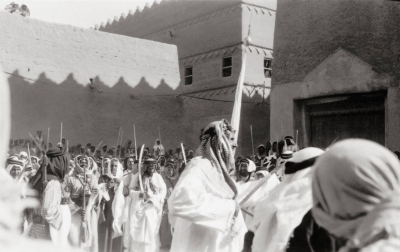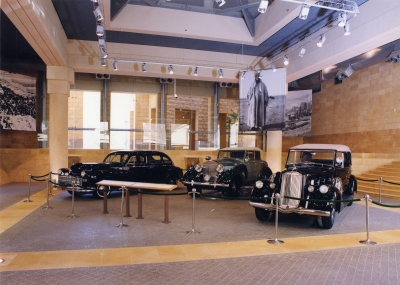

The Private Library of King Abdulaziz Al Saud is one of the libraries that houses rare manuscripts and books. The library previously occupied an important location in Al-Murabba Palace, where books, periodicals, and manuscripts were kept on its first floor. It was later moved to King Saud University (then Riyadh University) before eventually being housed at the King Abdulaziz Foundation for Research and Archives (Darah).
The importance of knowledge to King Abdulaziz
King Abdulaziz was keen on reading and acquiring knowledge, which led him to establish his own library and to cover the costs of printing books at his own expense. In its early stages, the library was combined with the section dedicated to book distribution, in addition to books he inherited from his fathers and grandfathers, and those gifted to him by Arab and Muslim writers.
During the process of unifying Saudi Arabia, King Abdulaziz would ask the people of the country about rare books in religious sciences, history, and literature in their possession. He would assign individuals to negotiate with the owners to purchase or copy them. The Private Library of King Abdulaziz played a historical and scholarly role, as scholars and writers benefited from its resources and borrowed what they needed from it.
Contents of the Private Library of King Abdulaziz Al Saud
The Private Library of King Abdulaziz Al Saud contains books and journals across various branches of human knowledge, with Islam receiving a significant share. About one-third of the library’s collection is dedicated to subjects on the Qur’an, Hadith, jurisprudence, the fundamentals of religion, and the Prophet’s biography. In the field of history, the library comprises five collections covering Arab and Islamic history in different periods, as well as the history of Asian, African, and European states.
Arabic literature, including pre-Islamic and modern poetry collections, occupies nearly one-fifth of the library. The library also includes a selection of seminal and rare books and manuscripts, such as a copy of Sahih Al-Bukhari Fi Ahadith Rasul Allah Al-Bari, printed in Delhi in 1855, and the manuscript Nihayat Al-Raghib Fi Sharh Urood Ibn Al-Hajib, also known as Al-Maqsid Al-Jalil Fi Ilm Al-Khalil. The library is also rich in books printed during the early era of printing, as well as works on politics, international law, biographies, medicine, education, economics, military sciences, and equestrianism.
Related quizzes
Related articles

